Premium Only Content
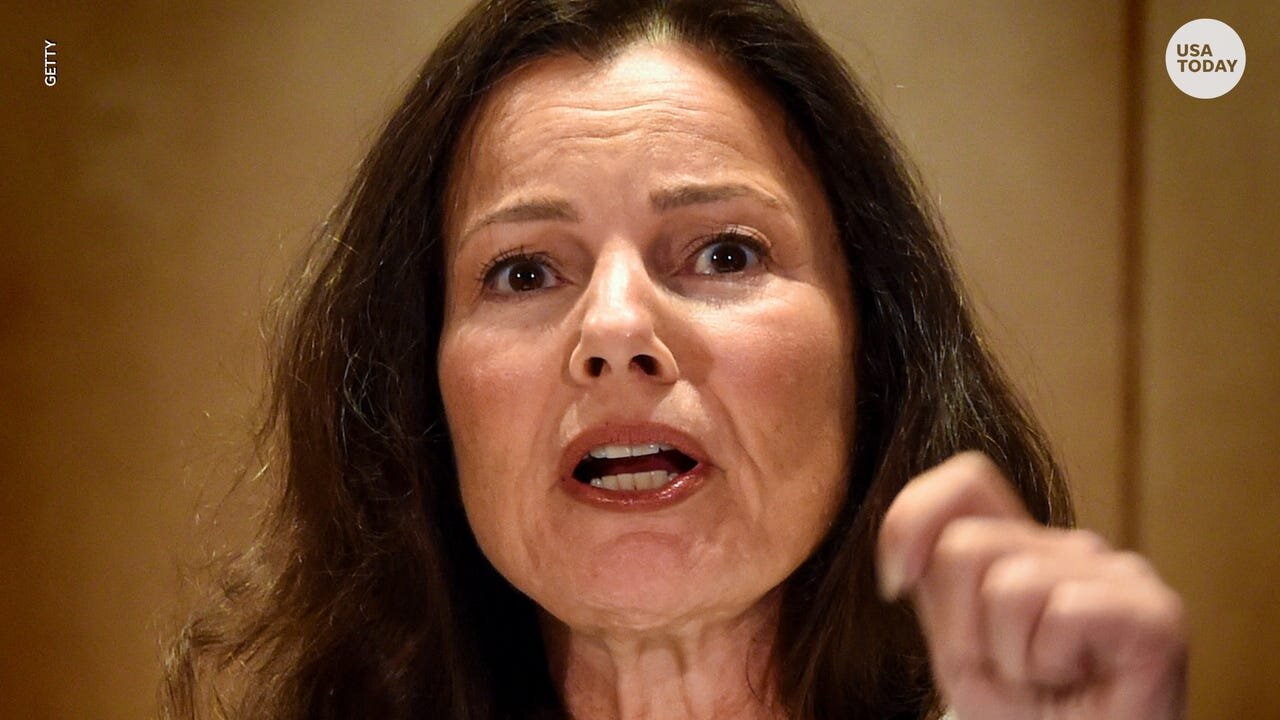
SAG-AFTRA, writers strike's real threat? AI taking Hollywood's jobs. - USA TODAY
🥇 Bonuses, Promotions, and the Best Online Casino Reviews you can trust: https://bit.ly/BigFunCasinoGame
SAG-AFTRA, writers strike's real threat? AI taking Hollywood's jobs. - USA TODAY
Haley Joel Osment as an eerie android child in a futuristic world. Will Smith battling a flood of murderous robots. Data (Brent Spiner) on the deck of the U.S.S. Enterprise. Hollywood has furnished the world with an abundance of stories about artificial intelligence, utopian and dystopian alike. But it's unlikely that the writers who penned those sci-fi scripts, or the actors giving soul to a machine, ever thought that AI might represent a serious threat to their livelihoods. Yet that's exactly the fear of SAG-AFTRA and the Writers Guild of America, unions representing American actors and screenwriters. Both guilds are on strike (the first time both have done so at once since 1960), and a key issue holding up negotiations with the major Hollywood studios is the use and regulation of AI. The unions worry that text generators like ChatGPT could write screenplays and actors’ images could be used to create characters without any humans involved. "We will not be having our jobs taken away and given to robots,” "Breaking Bad" actor Bryan Cranston said at a recent rally in support of the SAG-AFTRA strike. “We will not allow you to take away our dignity." Meanwhile, the Alliance of Motion Picture and Television Producers (AMPTP), which represents the major Hollywood studios, says it has offered “groundbreaking protections” to prevent that. But could generative artificial intelligence really replace writers and actors on movie sets? Could we one day see a TV show written by a computer and "acted" by images of humans created by a machine, as a recent episode of Netflix sci-fi drama "Black Mirror" depicted? Is AI really the major threat to artists that many are saying? “Totally,” says Haibing Lu, associate professor of Information Systems Analytics at Santa Clara University. “I don't think that there's a way to totally ban the technology. We have to adapt to it. All parties need to sit down and figure out what’s the proper way to channel the profits.” At the moment, the parties aren’t sitting down. No negotiations have been scheduled between the AMPTP and the striking unions. When they finally meet again, they will have to put rules about the use of AI into new contracts. And the stakes are high, not only for the writers, actors and studios but for the rest of us. Would we want to watch movies and TV shows made by machines? Would they be original at all? Could they make us laugh and cry? Would artificially intelligent art have a soul? And − crucially − is AI coming for our jobs too? Generative AI makes new things, but it starts by learning about old things AI applications like ChatGPT and Midjourney create new text or images, but first, they must be trained on material that is similar to the content they are trying to generate. Text generators, also called Large Language Models, offer plenty of material for training. “There's a huge amount of text available on the internet, so it is very easy for them to collect and train,” Lu says. There are fewer photos and videos online than text, but AI models are still training on images they can find. “Your photos and my photos have probably already been collected and used. It's happening with more and more powerful technologies.” Justine Bateman, the actor, writer and director who has been vocally opposed to the use of AI in filmmaking, describes it as “like a box. Say you want it to write books. You feed it a bunch of books, and then you give it a task: 'Write me a book about pandas and outer space,' and it'll spit out that book.” For her and others in the entertainment industry, it’s not just that AI could replace their work; it’s that any ChatGPT script or Midjourney movie would be partly based on the existing work of filmmakers. “Imagine something coming in and not only displacing you but displacing you with your own work,” she says. Hollywood is already chock full of AI − how much more can machines do? The guilds and the AMPTP may be arguing about the use of AI in films, but part of the future is already here. Actor Peter Cushing died in 1994, but he was digitally resurrected for the 2016 film “Rogue One: A Star Wars Story.” Stars like Robert De Niro, Harrison Ford and Samuel L. Jackson have been digitally de-aged for films. The late Anthony Bourdain’s voice was recreated for a recent docu...
-
 2:01:31
2:01:31
Side Scrollers Podcast
18 hours ago“Make FPS Great Again” MELTDOWN, Relooted ROASTED by EVERYONE + More | Side Scrollers Live
4.21K3 -
 1:59:22
1:59:22
The Michelle Moore Show
1 day ago'Death of A Lot of Things Now, War Empowers BAAL, Plan B Must Be Disarmed, This Will Make or Break President Trump' Guest, Lt. Mark Taylor: The Michelle Moore Show (June 9, 2025)
19K26 -
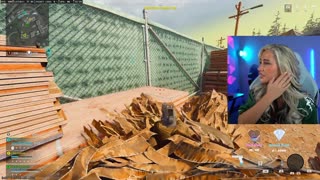 2:40:04
2:40:04
sophiesnazz
13 hours agoPLAT RANKEDDDDD !socials
2.1K1 -
 4:24:28
4:24:28
GloryJean
18 hours agoMotivational Monday! Frying on MnK 🖱️ 6.7 K/D
2.32K1 -
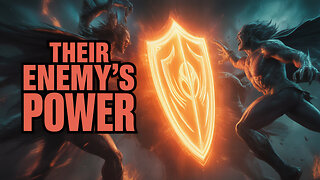 10:18
10:18
Truther Steve
12 hours agoDO Christians REALLY Know Their Enemy's Power?
3.68K2 -
 12:30
12:30
Actual Justice Warrior
11 hours agoLong Island Prankster Is Going To JAIL
5.08K11 -
 13:36
13:36
Nate The Lawyer
2 days ago $0.44 earnedJudge Removed For Illegally Releasing Criminals From Jail
7.3K16 -
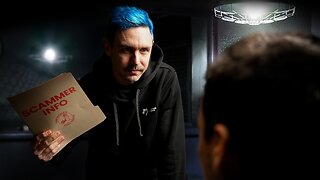 18:13
18:13
Scammer Payback
3 days agoScammers saying Insane things
7.98K12 -
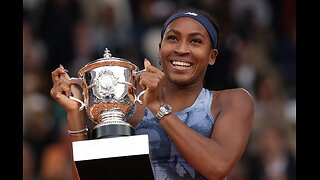 1:44
1:44
New York Post Sports
2 days agoCoco Gauff Wins First French Open Title
8.06K -
 8:53
8:53
The Dana Show with Dana Loesch
2 days agoCritics Are LOSING IT Over Marvel's Possible Decision
11.6K10